Why Heteronormativity in YA Hurts More Than You Think, a guest post by Dahlia Adler
by Dahlia Adler (@MissDahlELama)
When I first started reading LGBTQ YA, everything I read was m/m. I didn’t know of any other books other than what fell into my lap, and I wasn’t actively seeking it out, and what I happened upon were boys falling for and hooking up with boys. Some of these books included references to the guys having sex with phrases like “He climbed on top of him,” and OK, I knew what that meant when it came to boys having sex with boys, and there was no confusion there.
Then I read my first YA that included a romance between girls.
To be clear, I loved a lot about this book that I read—a lot—but in it, the love interest consistently goes too fast for the main character, and the main character stops her and tells her each time, and usually has to physically restrain said love interest in order to do said stopping. And then they move on and are couple-y, until it happens again, until eventually, the main character is ready.
ADVERTISEMENT
ADVERTISEMENT
I hated that so, so much.
I’m not questioning whether it’s realistic—I’m sadly sure that it is—but to me, it was utterly terrifying to see in a relationship we’re supposed to root for the entire book. If a guy kept grabbing a girl’s boob and she had to keep making him stop, would we think that was okay? If a guy kept trying to enter a girl until she pushed him away, would we think that was okay?
And yet here were two girls in that equivalent position, and in a couple we would never expect to be endgame if they were heterosexual in YA, and people were totally cool with it, even applauding the main character’s strength in holding her own and maintaining some control in the relationship.
Would we ever put it on the girl to hold her own in heterosexual YA?
And the bigger question: what if she couldn’t?
In heterosexual couples, you have at least the perception if not the reality of a sizable imbalance of power due to gender dynamics. Whether it’s men on the whole being taller and/or physically stronger due to more testosterone, or just having the kind of social capital in a patriarchal society that allows them to go back to the locker room and do the kind of damage with words a girl rarely gets away with or even attempts to, we know they have an added responsibility with care and consent. We know men doing what they want to do without regard for where the girl is at is wrong. We know they must respect “no means no.”
But what happens when there’s no guy in the pairing? Or what happens when both halves of the pairing are guys?
When the gender dynamics suggest equality, does consent still matter?
Spoiler: YES. Every bit as much.
When we talk about heterosexual sex, especially in YA lit, we talk about “P-in-V intercourse” as the endgame, the big deal, the milestone loss of virginity. Everything else is treated as a step on the way, if it’s acknowledged at all. But when your endgame is something else, when sex for you doesn’t have those parts—well, we rarely see or acknowledge that in YA, and that has consequences all along the path from confusing to invalidating, and beyond.
When what is sex for queer kids is “only foreplay” for straight kids, is consent still as important?
Spoiler: YES. Every bit as much.
ADVERTISEMENT
ADVERTISEMENT
And yet, reading YA, I think these messages can get really, really blurry. And blurry, for a queer kid who’s new to navigating sexual relationships and doesn’t know how to ensure a safe space, can be a very dangerous thing.
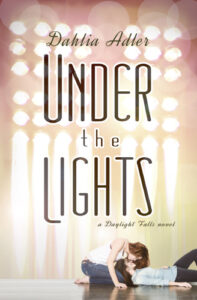 These were things I had in mind a lot when I wrote the sex scene in Under the Lights, my most recent YA novel. Vanessa and Brianna are approximately the same height, and both athletic. Their physical imbalance is negligible. However, their imbalance with regard to sexual experience is not: Vanessa is a virgin, while Bri has had past partners. Bri takes the lead once Van makes it known she wants to have sex, and part of taking that lead is also taking responsibility for the consent conversation. To paraphrase Spider-Man, “With sexual power comes sexual responsibility.”
These were things I had in mind a lot when I wrote the sex scene in Under the Lights, my most recent YA novel. Vanessa and Brianna are approximately the same height, and both athletic. Their physical imbalance is negligible. However, their imbalance with regard to sexual experience is not: Vanessa is a virgin, while Bri has had past partners. Bri takes the lead once Van makes it known she wants to have sex, and part of taking that lead is also taking responsibility for the consent conversation. To paraphrase Spider-Man, “With sexual power comes sexual responsibility.”
“Is this okay?” she murmurs.
I open my mouth to say yes, but I’m not sure it is. I think it is. And when her fingers brush the right spot over the fly of my jean skirt, it’s obviously my body thinks it’s plenty okay.
…
“Guess not,” she says, but she’s smiling as she slides her hand back up to my waist, settling it in the curve there. “See? Only what you’re okay with, Park. Always. I promise.”
Whether the participants are straight, queer boys, queer girls, queer non-binary people, or any combination of the above, when writing people having sex (especially teens), I think we do a great disservice by glossing over the existence of a power dynamic. Especially the first time, the existence of one is nearly always present; sometimes we just have to dig a little deeper to find it. Writing YA lit is an incredible opportunity to show what consent can and should look like, how much closer it can make you, how sexy it can be. If YA sex scenes often seem like wish fulfillment, well, that’s an aspect I’m okay with teens reading and thinking, “That’s what I want and I’ll settle for nothing less.”
Meet Dahlia Adler

Dahlia Adler is an Associate Editor of Mathematics by day, a blogger for B&N Teens by night, and writes Contemporary YA and NA at every spare moment in between. She’s the author of the Daylight Falls duology, the upcoming Just Visiting, and Last Will and Testament, as well as over five billion tweets as @MissDahlELama. She lives in New York City with her husband and their overstuffed bookshelves.
Filed under: #SVYALit, #SVYALit Project
About Amanda MacGregor
Amanda MacGregor works in an elementary library, loves dogs, and can be found on Twitter @CiteSomething.
ADVERTISEMENT
ADVERTISEMENT
SLJ Blog Network
One Star Review, Guess Who? (#202)
Review of the Day: My Antarctica by G. Neri, ill. Corban Wilkin
Exclusive: Giant Magical Otters Invade New Hex Vet Graphic Novel | News
Parsing Religion in Public Schools
ADVERTISEMENT



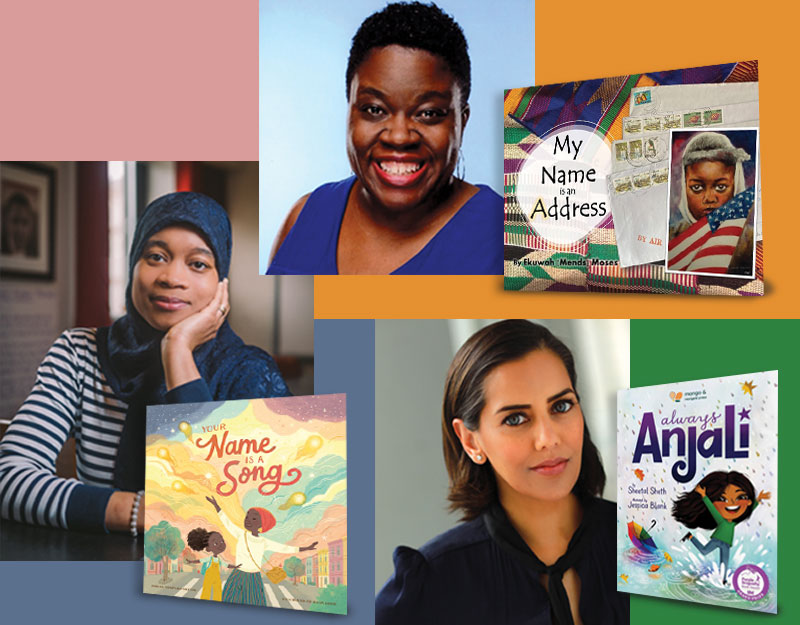
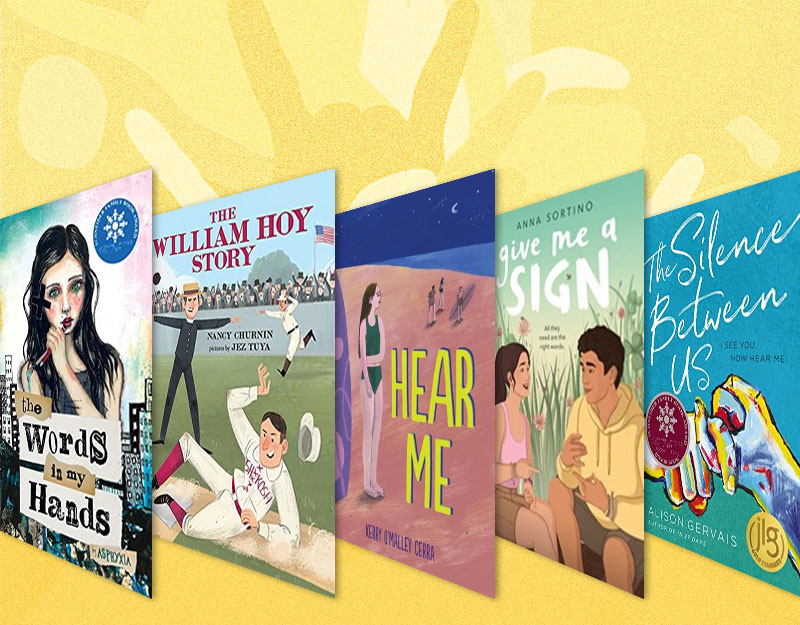
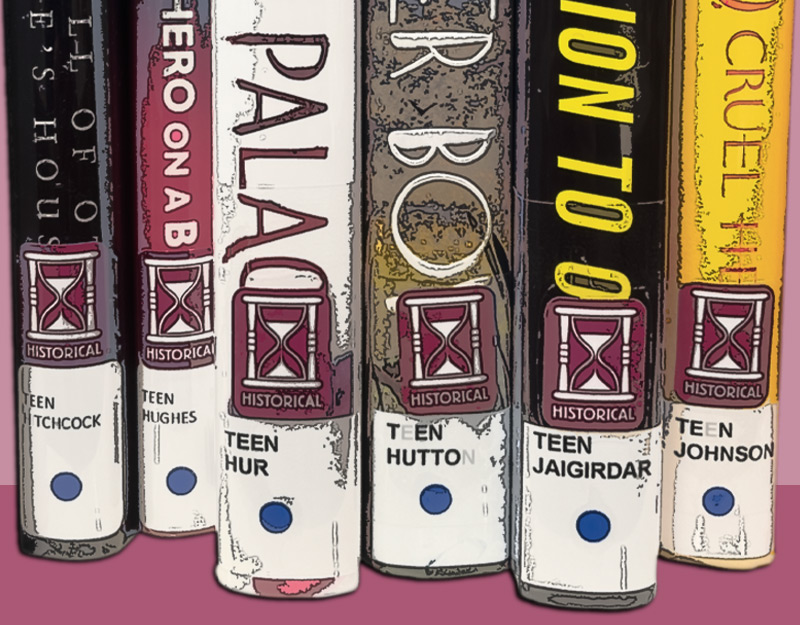
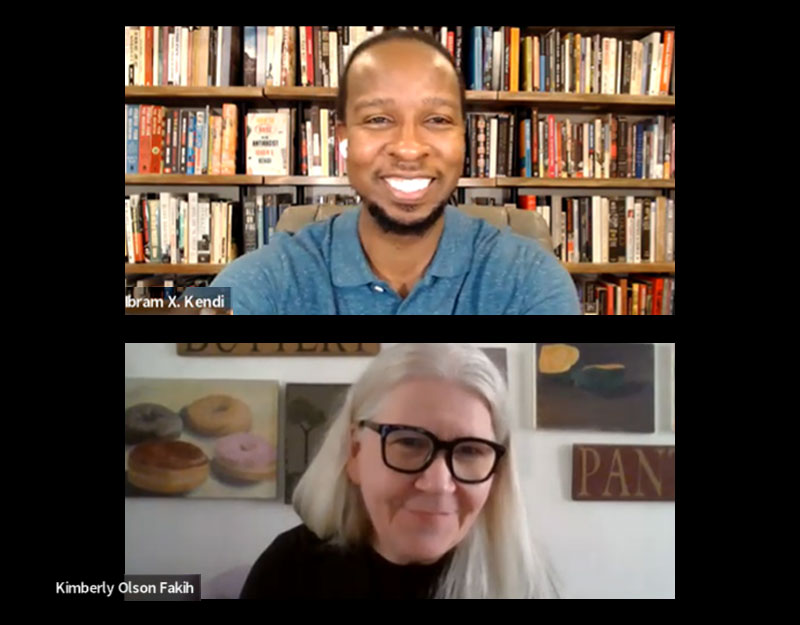
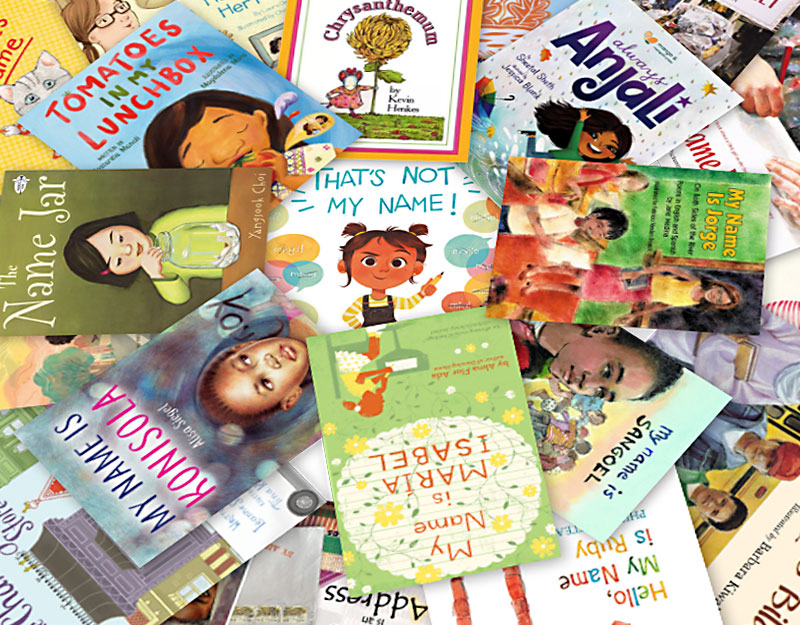
Great post! Especially the Spiderman quote.
I agree that it’s so important – crucial – to portray consent in all kinds of relationships. I love your sensitivity to the different markers of intimacy! Crossing lines along the way to the “endgame” can absolutely feel equally as enormous, step by step – and consent should be there all along.
But I also think a fair amount of pressure – in the form of boob-grabbing like you describe – does happen, and maybe is even okay. ? As long as the no is respected, it can be about finding lines that need to be crossed – and one way to start the consent conversation.
At any rate, you’ve got me thinking and wondering – thank you!
Wow, I really appreciate your naming sexual experience vs. inexperience as a factor that can create a power imbalance between same-gender partners. That is very true to teen experierience (and unfortunately, to my own), but I’ve never heard it articulated quite that way. So thanks–and I look forward to reading Under the Lights!
Megan,
I really appreciated this concept of experience vs. inexperience as a power imbalance as well. Something for me to think about.
Karen